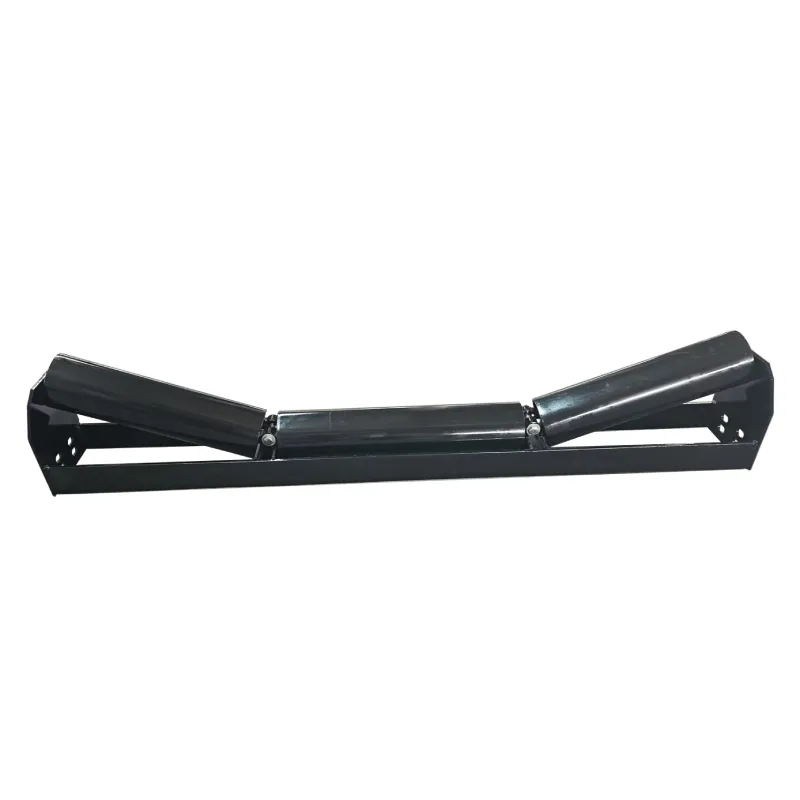 Afrikaans
Afrikaans  Albanian
Albanian  Amharic
Amharic  Arabic
Arabic  Armenian
Armenian  Azerbaijani
Azerbaijani  Basque
Basque  Belarusian
Belarusian  Bengali
Bengali  Bosnian
Bosnian  Bulgarian
Bulgarian  Catalan
Catalan  Cebuano
Cebuano  Corsican
Corsican  Croatian
Croatian  Czech
Czech  Danish
Danish  Dutch
Dutch  English
English  Esperanto
Esperanto  Estonian
Estonian  Finnish
Finnish  French
French  Frisian
Frisian  Galician
Galician  Georgian
Georgian  German
German  Greek
Greek  Gujarati
Gujarati  Haitian Creole
Haitian Creole  hausa
hausa  hawaiian
hawaiian  Hebrew
Hebrew  Hindi
Hindi  Miao
Miao  Hungarian
Hungarian  Icelandic
Icelandic  igbo
igbo  Indonesian
Indonesian  irish
irish  Italian
Italian  Japanese
Japanese  Javanese
Javanese  Kannada
Kannada  kazakh
kazakh  Khmer
Khmer  Rwandese
Rwandese  Korean
Korean  Kurdish
Kurdish  Kyrgyz
Kyrgyz  Lao
Lao  Latin
Latin  Latvian
Latvian  Lithuanian
Lithuanian  Luxembourgish
Luxembourgish  Macedonian
Macedonian  Malgashi
Malgashi  Malay
Malay  Malayalam
Malayalam  Maltese
Maltese  Maori
Maori  Marathi
Marathi  Mongolian
Mongolian  Myanmar
Myanmar  Nepali
Nepali  Norwegian
Norwegian  Norwegian
Norwegian  Occitan
Occitan  Pashto
Pashto  Persian
Persian  Polish
Polish  Portuguese
Portuguese  Punjabi
Punjabi  Romanian
Romanian  Russian
Russian  Samoan
Samoan  Scottish Gaelic
Scottish Gaelic  Serbian
Serbian  Sesotho
Sesotho  Shona
Shona  Sindhi
Sindhi  Sinhala
Sinhala  Slovak
Slovak  Slovenian
Slovenian  Somali
Somali  Spanish
Spanish  Sundanese
Sundanese  Swahili
Swahili  Swedish
Swedish  Tagalog
Tagalog  Tajik
Tajik  Tamil
Tamil  Tatar
Tatar  Telugu
Telugu  Thai
Thai  Turkish
Turkish  Turkmen
Turkmen  Ukrainian
Ukrainian  Urdu
Urdu  Uighur
Uighur  Uzbek
Uzbek  Vietnamese
Vietnamese  Welsh
Welsh  Bantu
Bantu  Yiddish
Yiddish  Yoruba
Yoruba  Zulu
Zulu rubber conveyor rollers
Rubber Conveyor Rollers Essential Components for Efficient Material Handling
In the world of industrial operations and material handling, conveyor systems play a pivotal role. They streamline processes, enhance productivity, and reduce labor costs. At the heart of these systems are conveyor rollers, which facilitate the movement of materials across various terrains and applications. Among the different types of conveyor rollers, rubber conveyor rollers stand out for their unique properties and advantages.
Rubber conveyor rollers are specifically designed to accommodate the needs of various industries, including manufacturing, mining, agriculture, and logistics. Unlike traditional steel rollers, rubber rollers offer enhanced grip and cushioning, promoting smoother and quieter operation. This is particularly beneficial in environments where noise reduction is a priority, such as food processing facilities or packaging plants.
One of the foremost advantages of rubber conveyor rollers is their ability to handle fragile or delicate materials. The cushioning effect of rubber minimizes the risk of damage to products during transportation. For example, in the food industry, where items like fruits and vegetables are often conveyed, rubber rollers help preserve the integrity of the produce, reducing waste and increasing profitability.
Additionally, rubber conveyor rollers are highly effective in managing various environmental conditions. They provide superior traction on wet or slippery surfaces, which is crucial in warehouses and distribution centers where spillage can occur. The durable rubber material can also withstand extreme temperatures and resist harsh chemicals, making it an ideal choice for industries such as mining and chemical processing.
rubber conveyor rollers

Another significant feature of rubber conveyor rollers is their flexibility in design. They can be manufactured in various sizes and configurations to meet specific operational requirements. Customization options include different rubber compounds suited for specific applications, whether it be abrasion resistance, oil resistance, or food-grade materials. This versatility allows businesses to optimize their conveyor systems according to the specific characteristics of the materials being handled.
Moreover, rubber rollers contribute to the overall efficiency of conveyor systems. They can reduce the energy needed to move items, leading to lower operational costs. The elasticity of rubber enables it to absorb shock and vibrations during operation, resulting in less wear and tear on other components of the conveyor system. This not only extends the life of the equipment but also minimizes maintenance needs, allowing businesses to focus on productivity rather than repairs.
Importantly, the installation and maintenance of rubber conveyor rollers is generally straightforward. Many roller manufacturers provide comprehensive support, including guidance on the correct selection and installation of rollers based on specific operational needs. Regular inspection and maintenance can prolong their lifespan, ensuring that they remain effective in facilitating material handling.
In summary, rubber conveyor rollers are a vital component in the enhancement of conveyor systems across various industries. Their unique properties, including increased grip, shock absorption, and adaptability to diverse environments, make them a preferred choice for many applications. By incorporating rubber conveyor rollers into their operations, businesses can achieve greater efficiency, reduce product damage, and ultimately enhance their bottom line. As industries continue to evolve and seek innovative solutions, rubber conveyor rollers will undoubtedly remain at the forefront of material handling technology.
-
Revolutionizing Conveyor Reliability with Advanced Rubber Lagging PulleysNewsJul.22,2025
-
Powering Precision and Durability with Expert Manufacturers of Conveyor ComponentsNewsJul.22,2025
-
Optimizing Conveyor Systems with Advanced Conveyor AccessoriesNewsJul.22,2025
-
Maximize Conveyor Efficiency with Quality Conveyor Idler PulleysNewsJul.22,2025
-
Future-Proof Your Conveyor System with High-Performance Polyurethane RollerNewsJul.22,2025
-
Driving Efficiency Forward with Quality Idlers and RollersNewsJul.22,2025





























